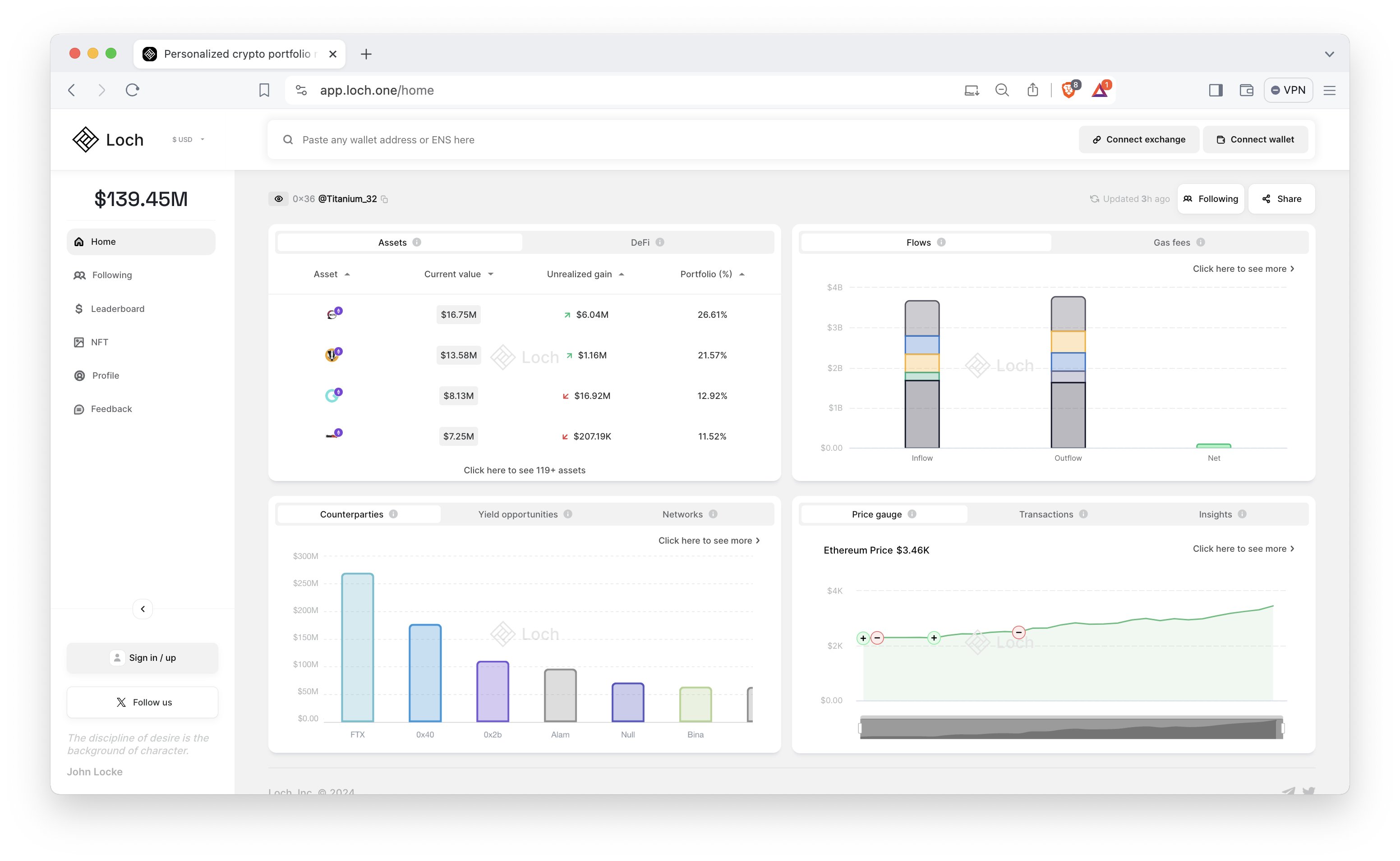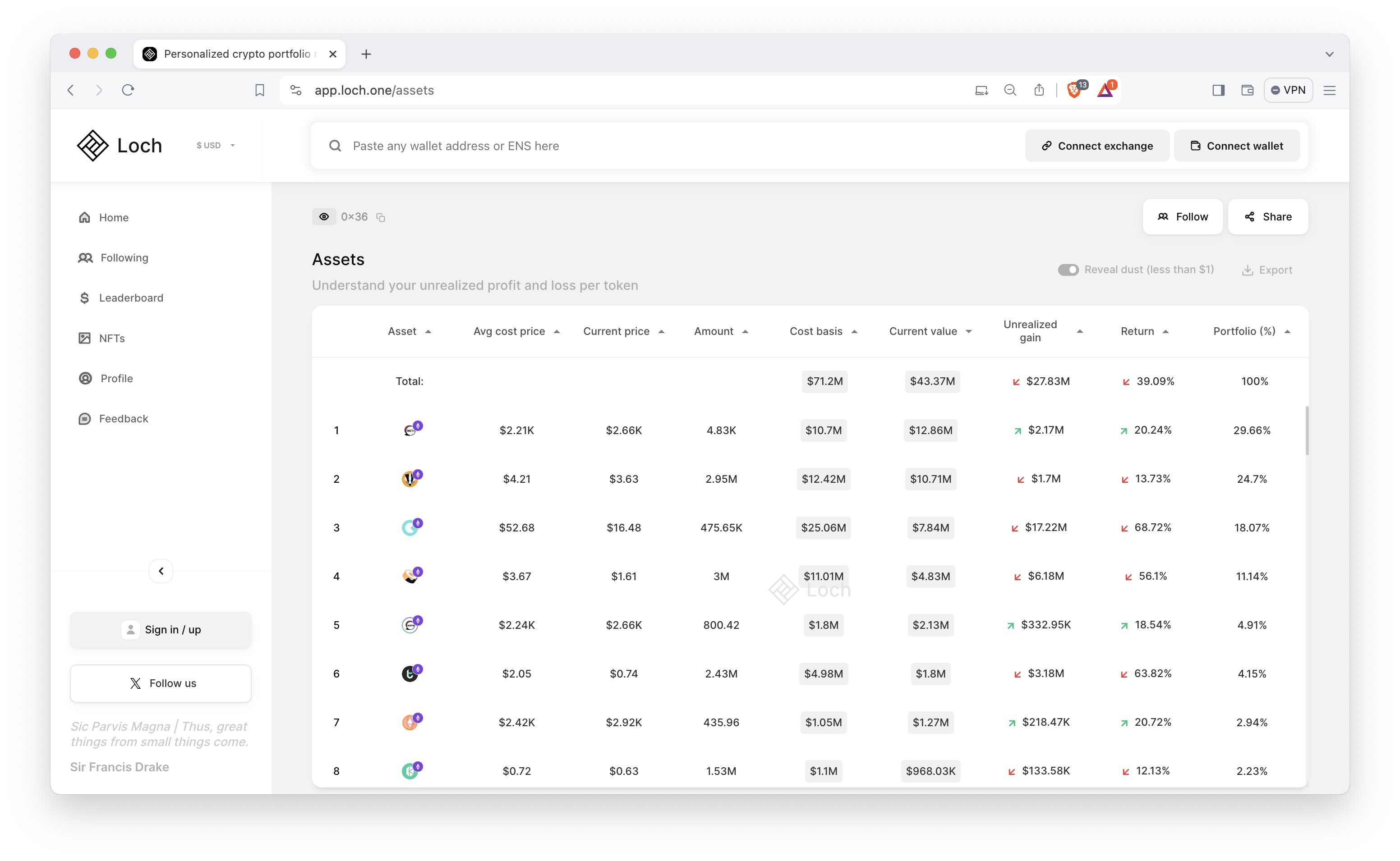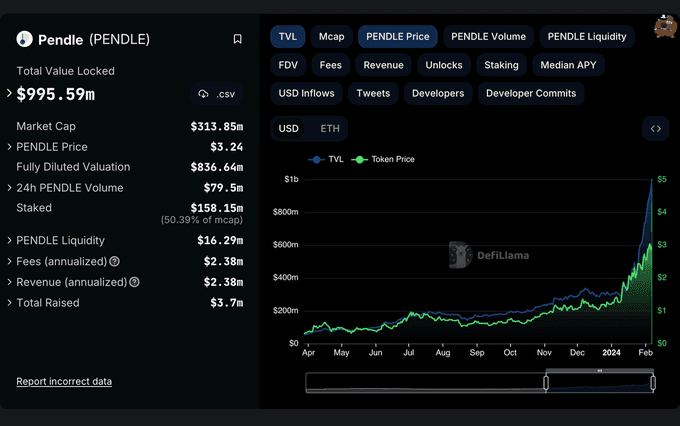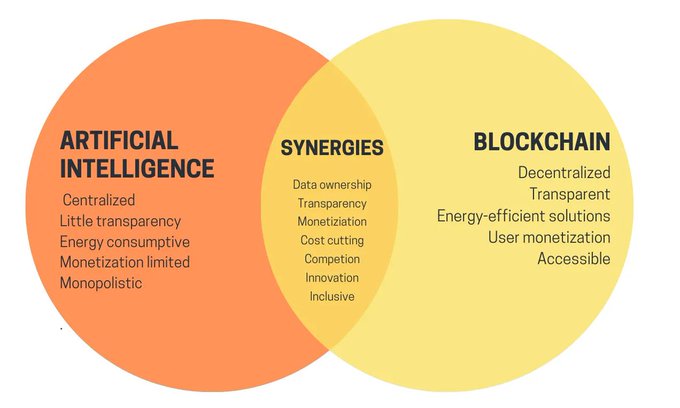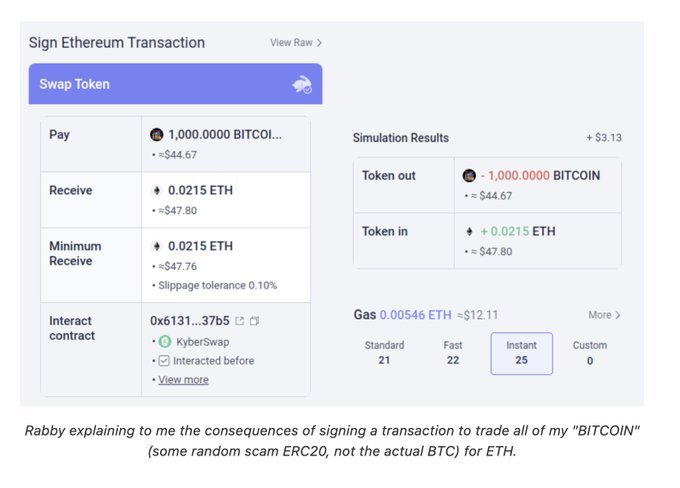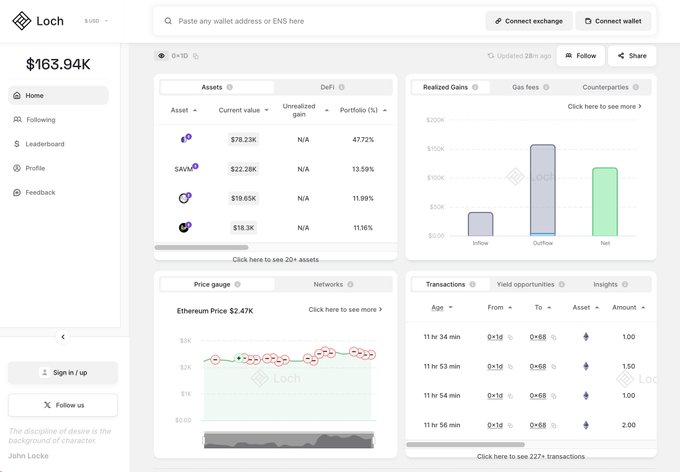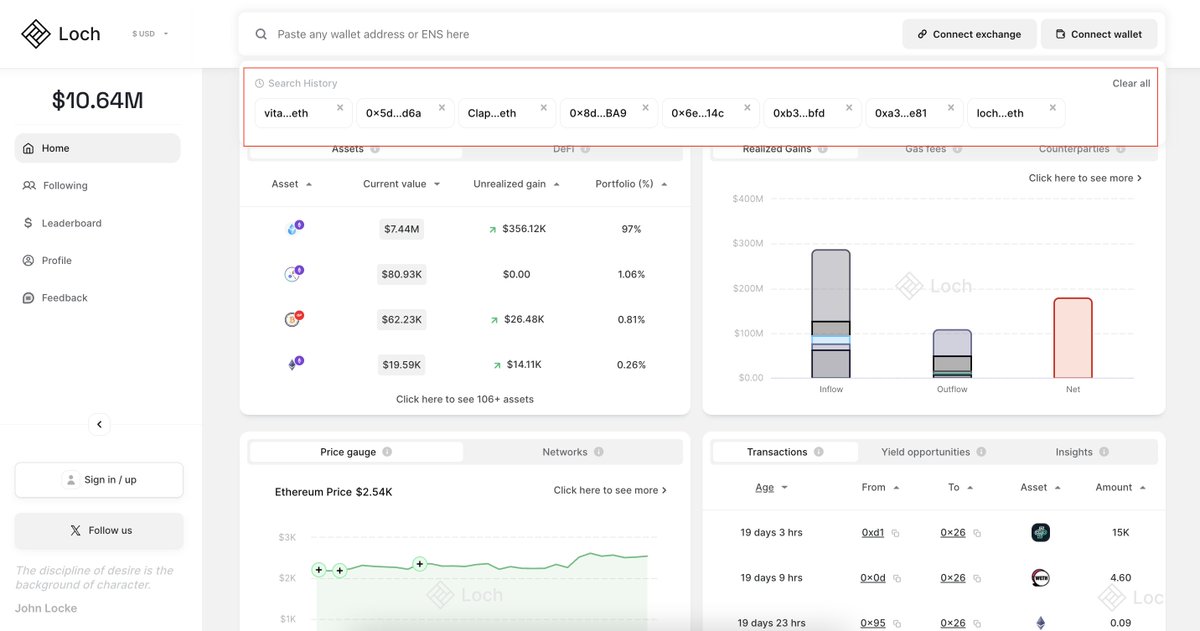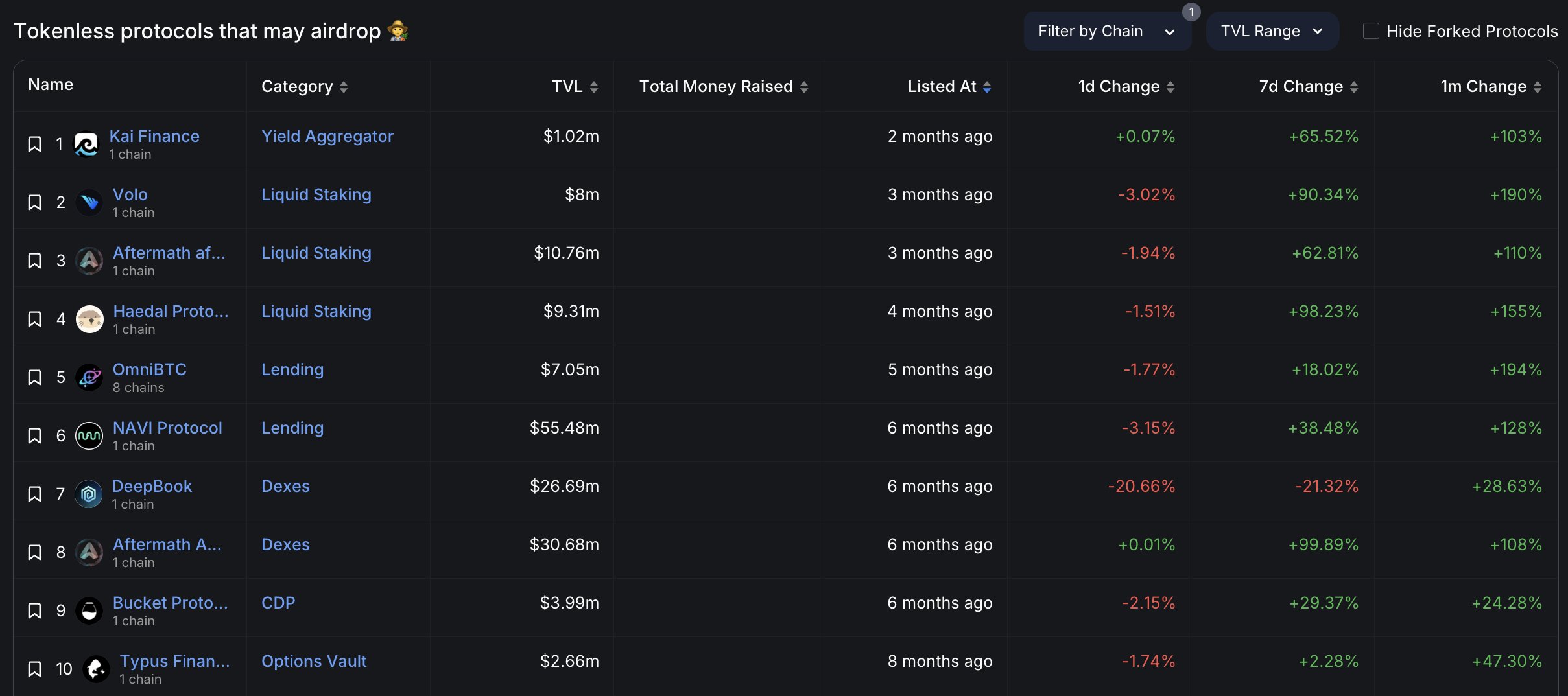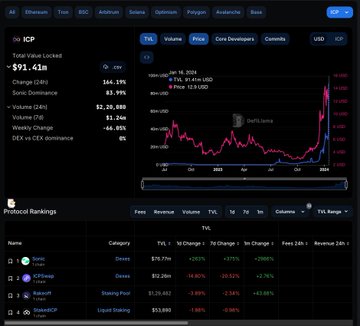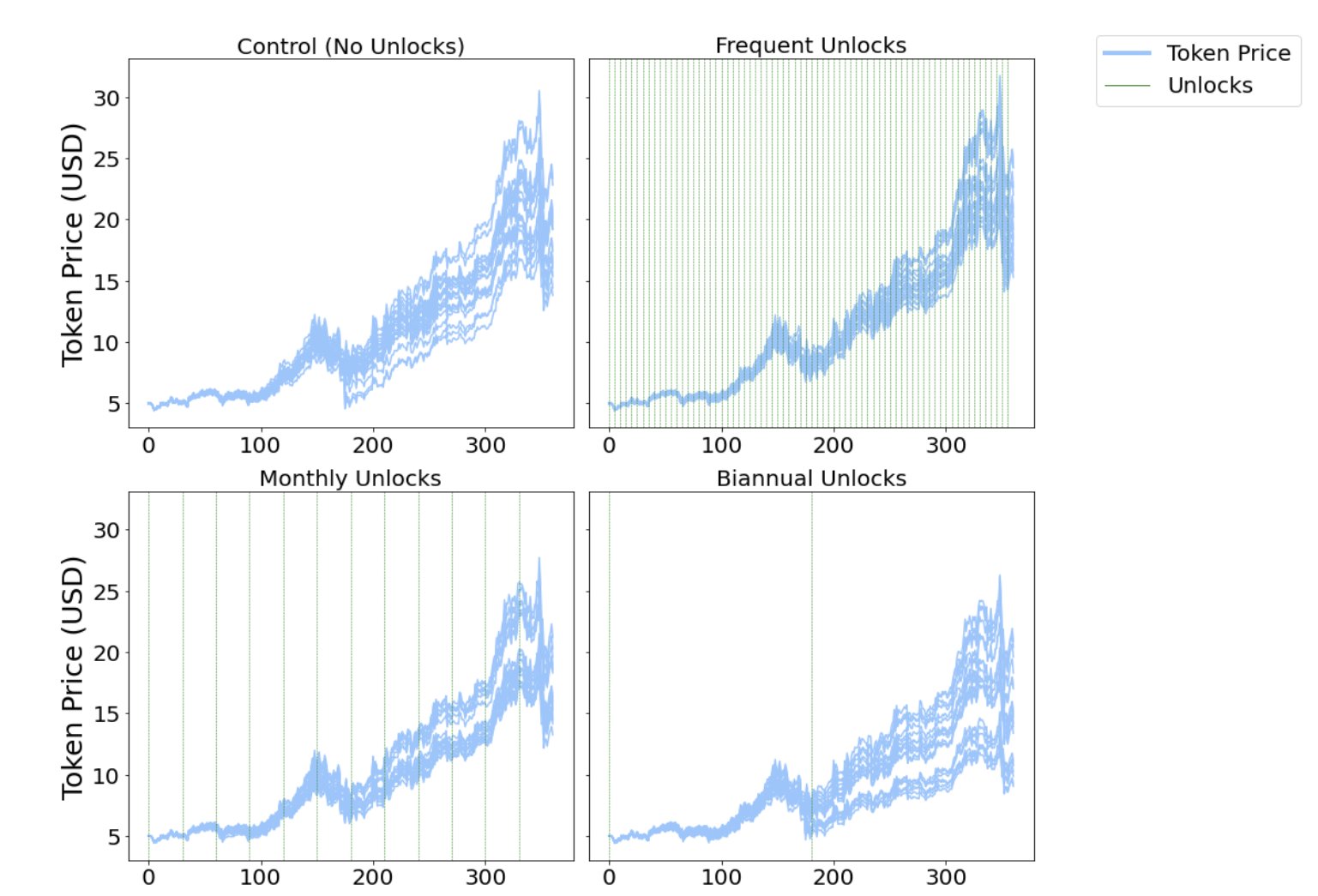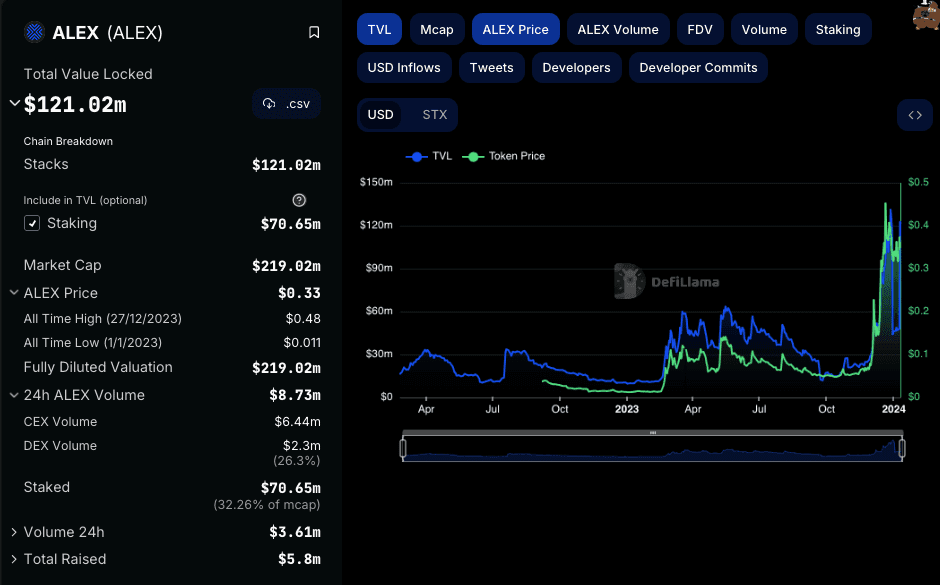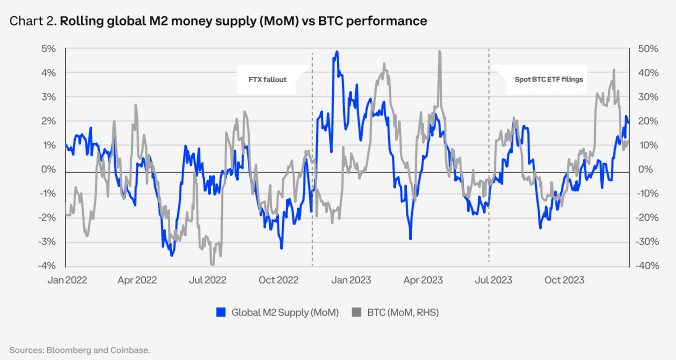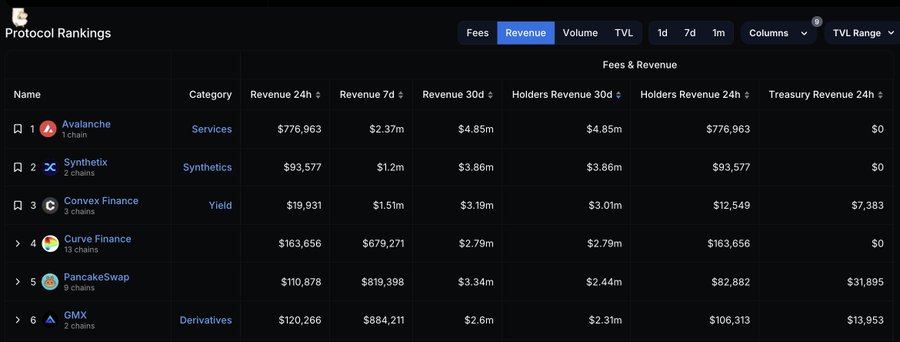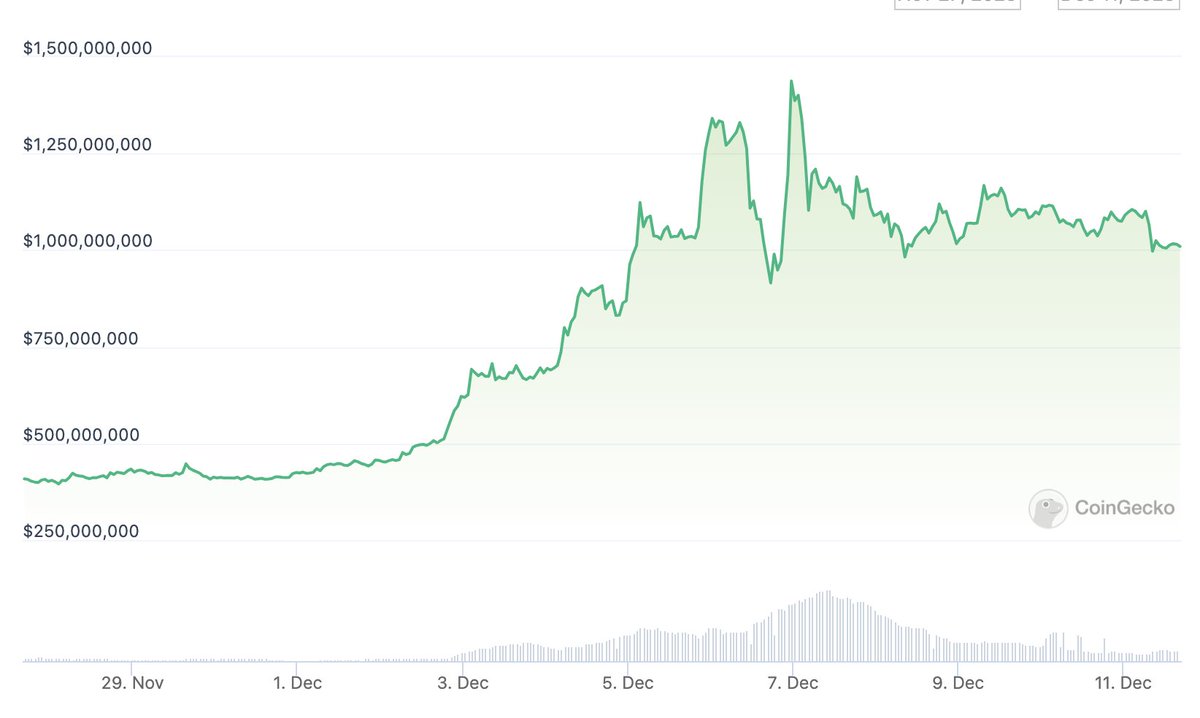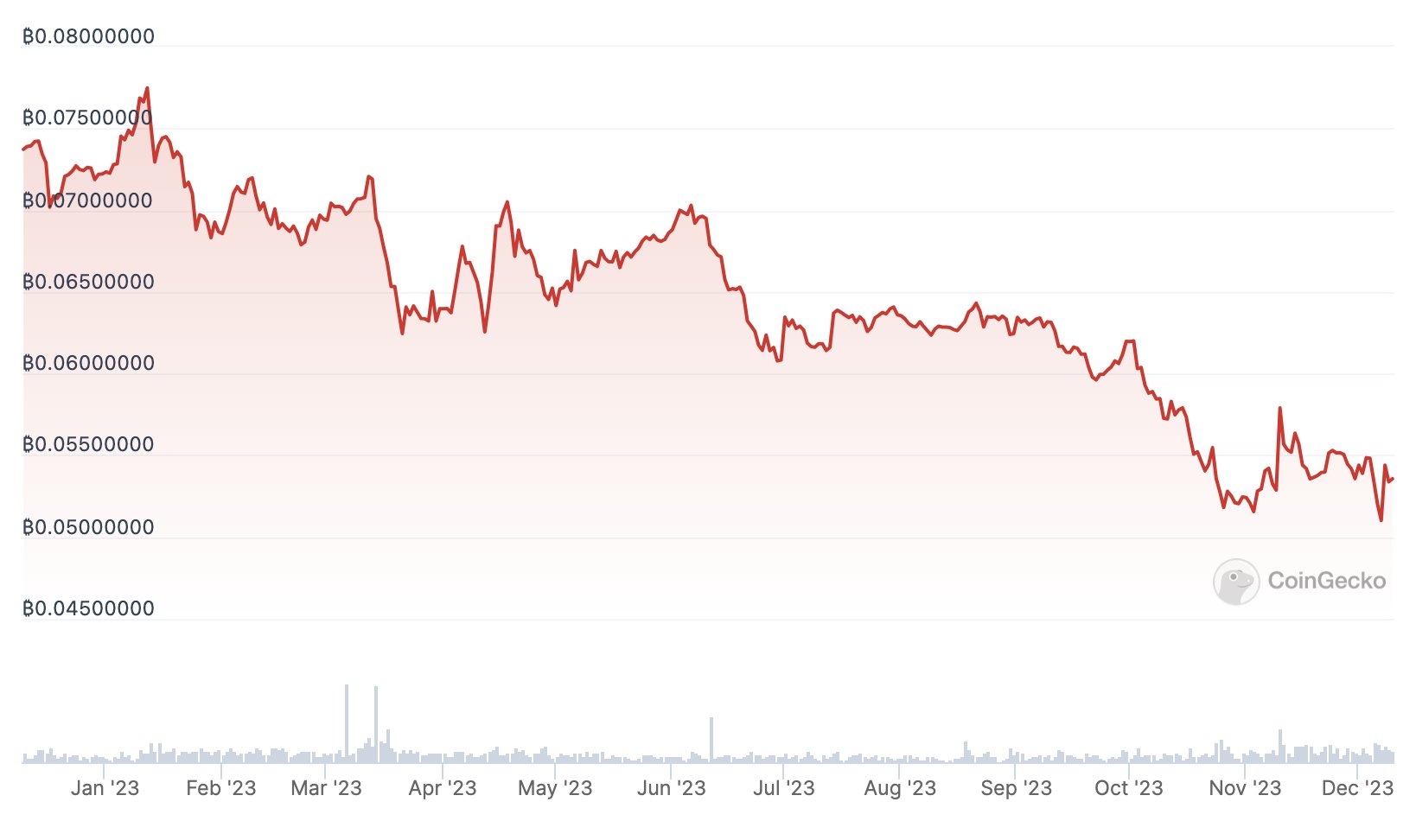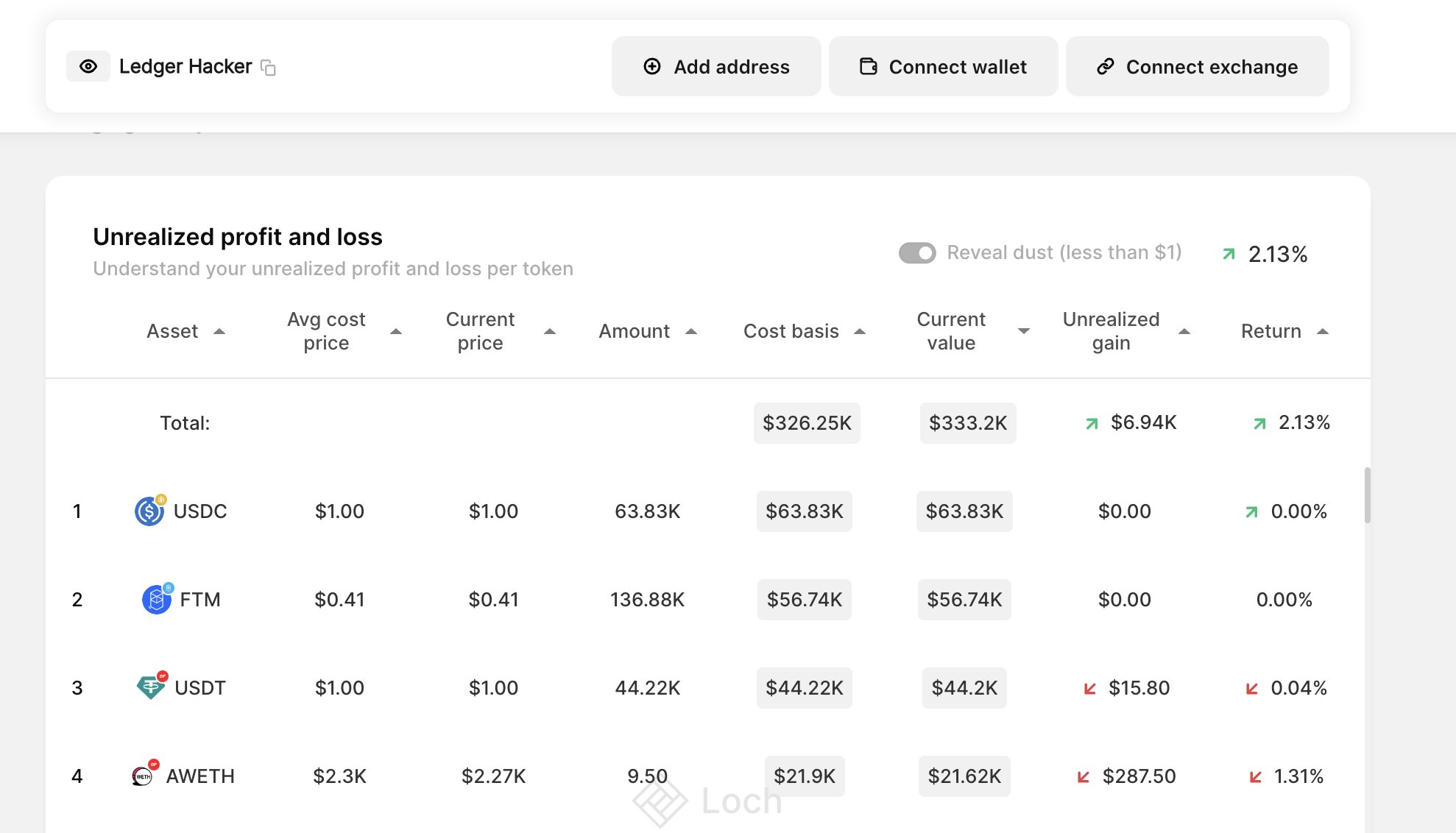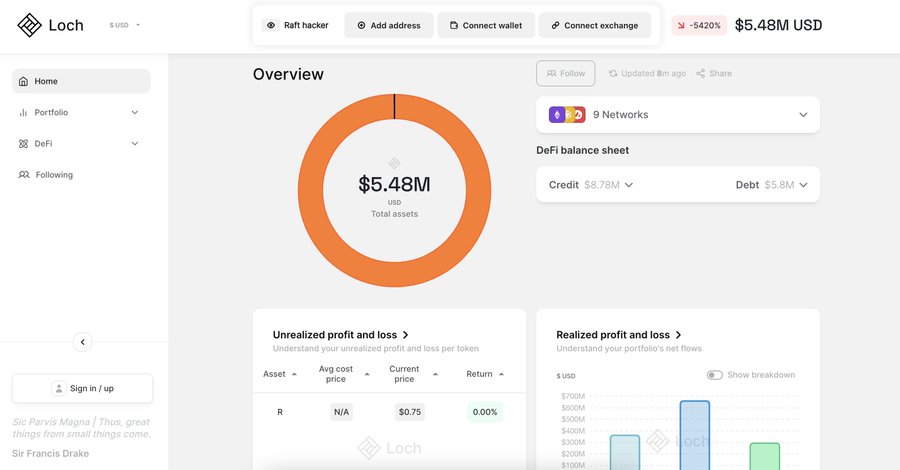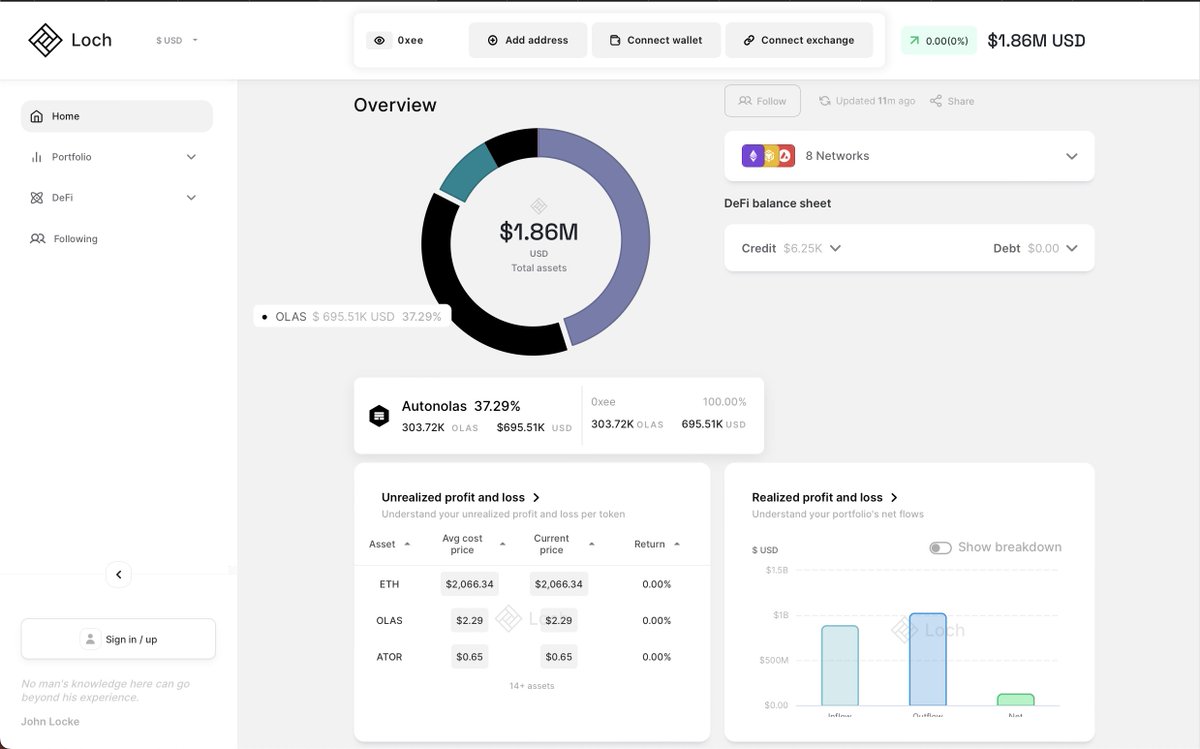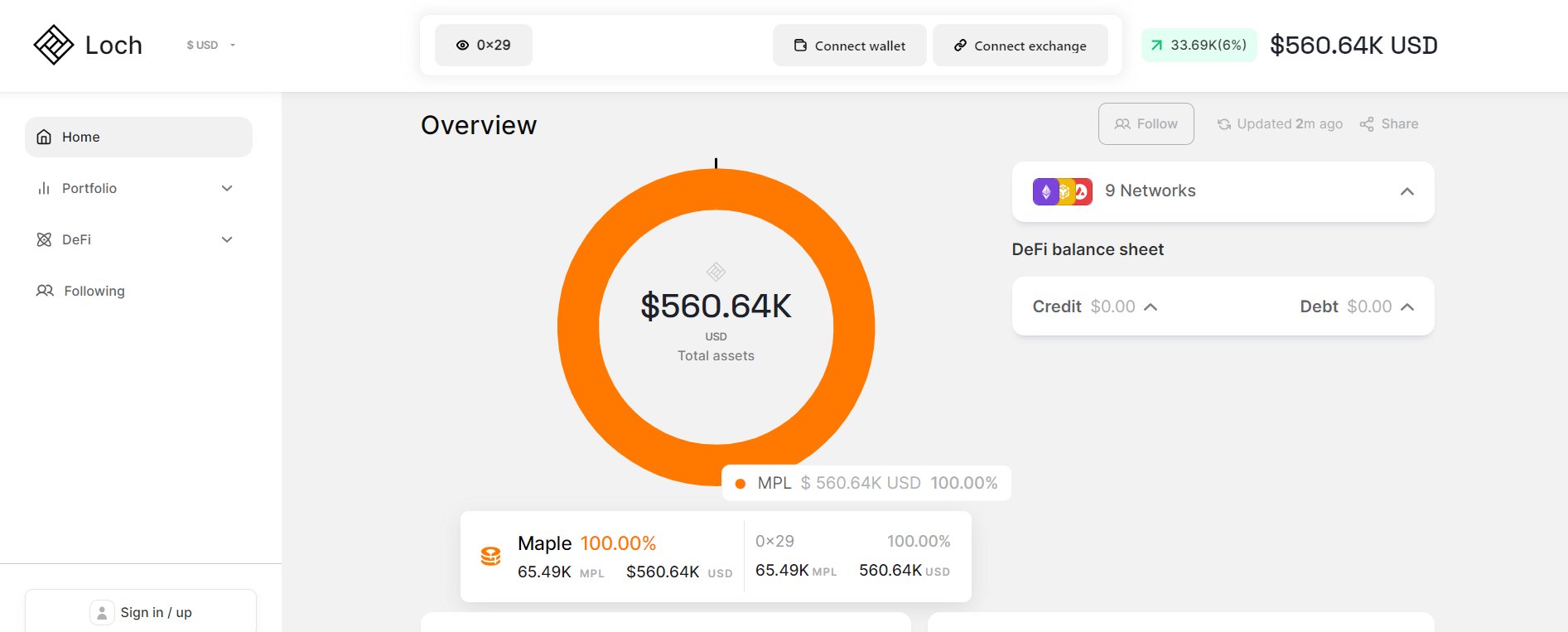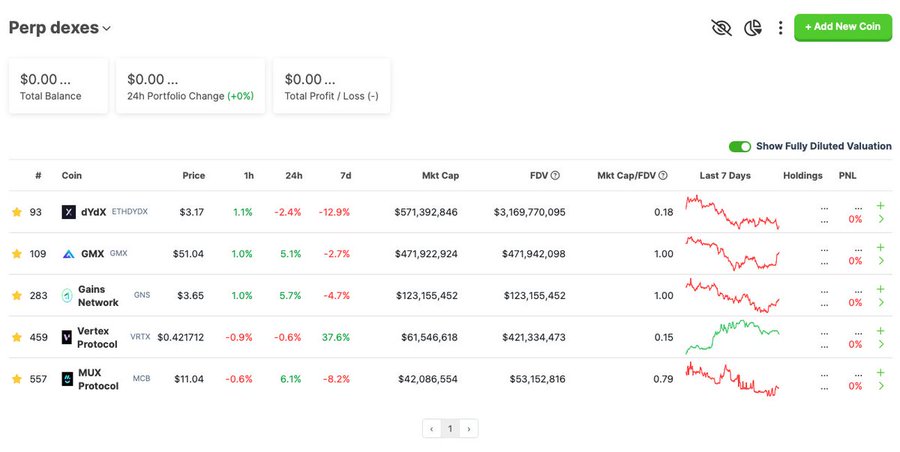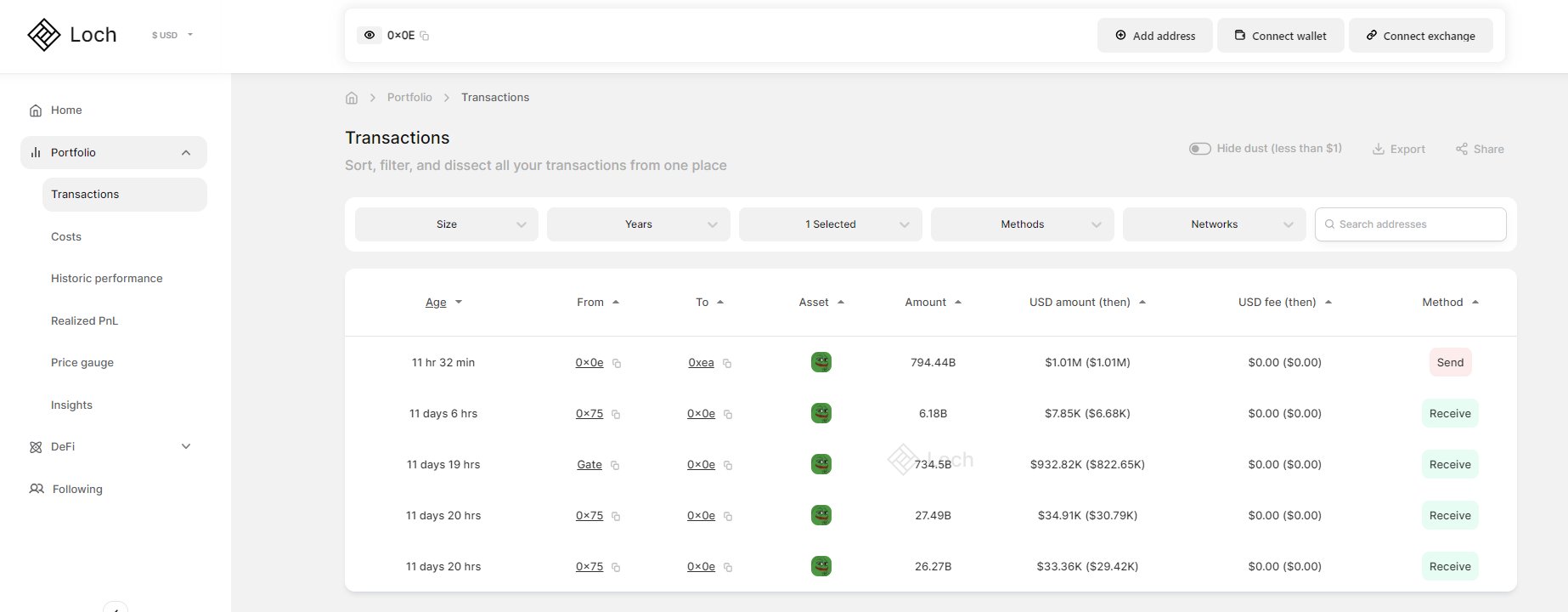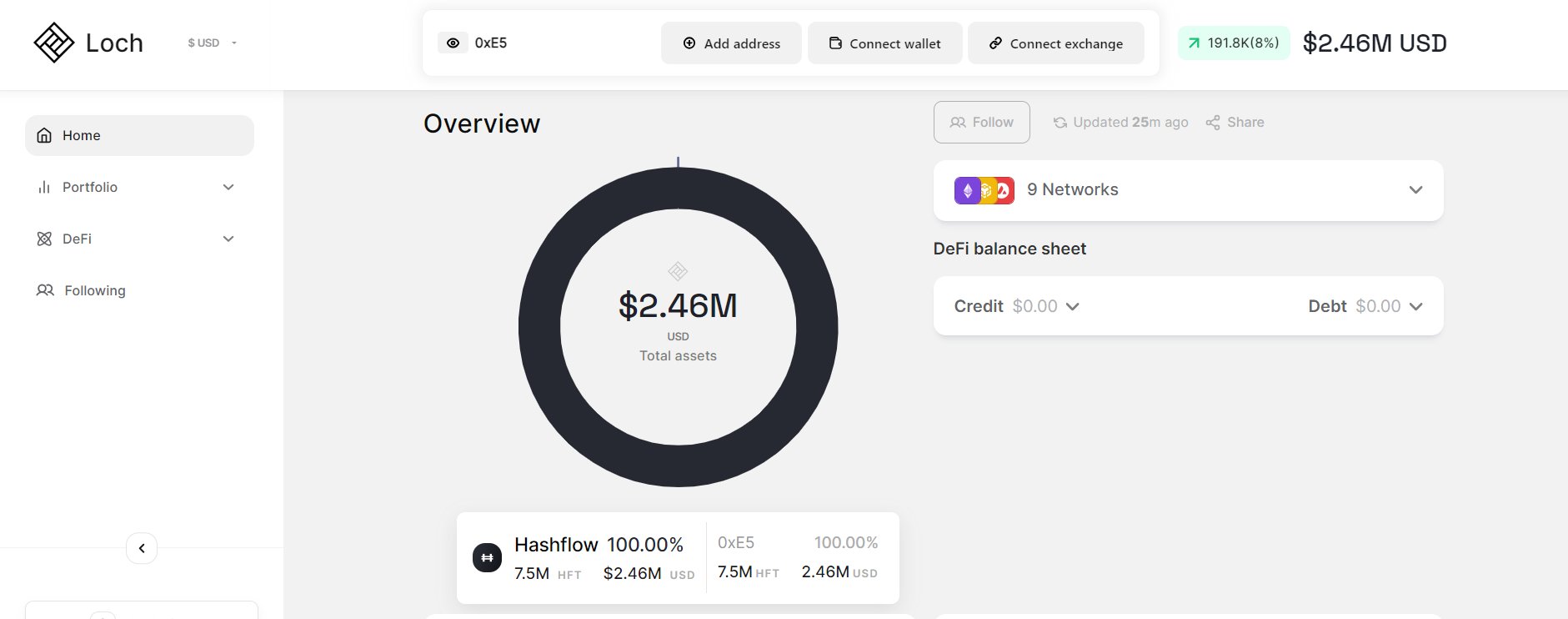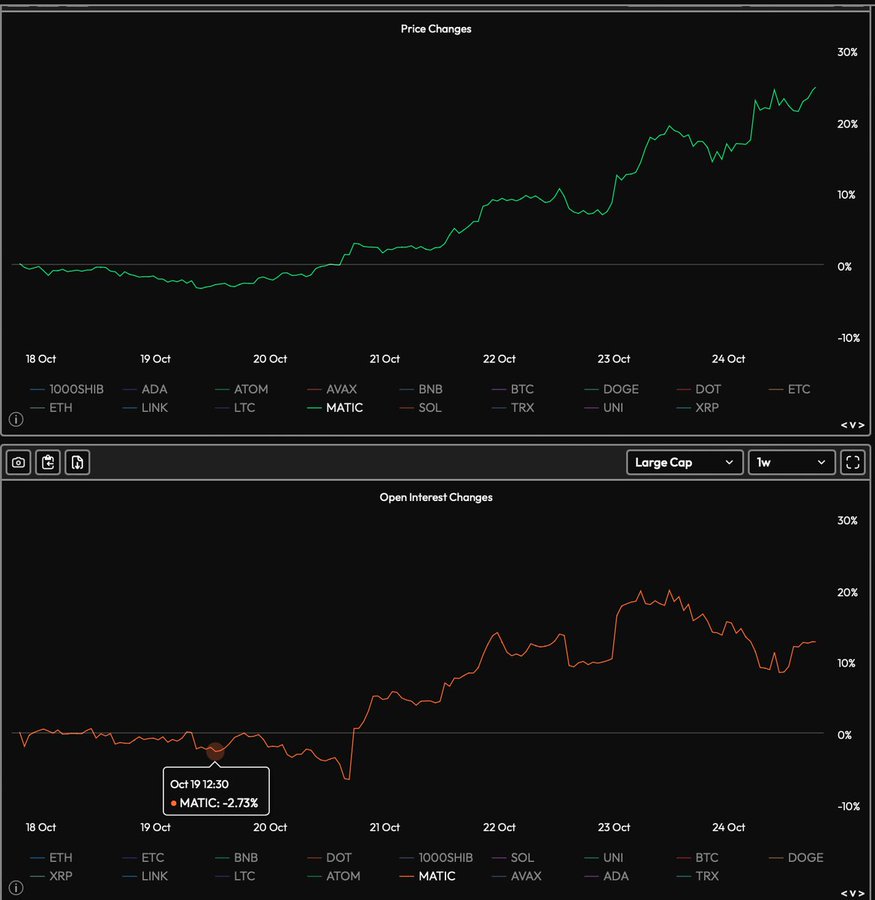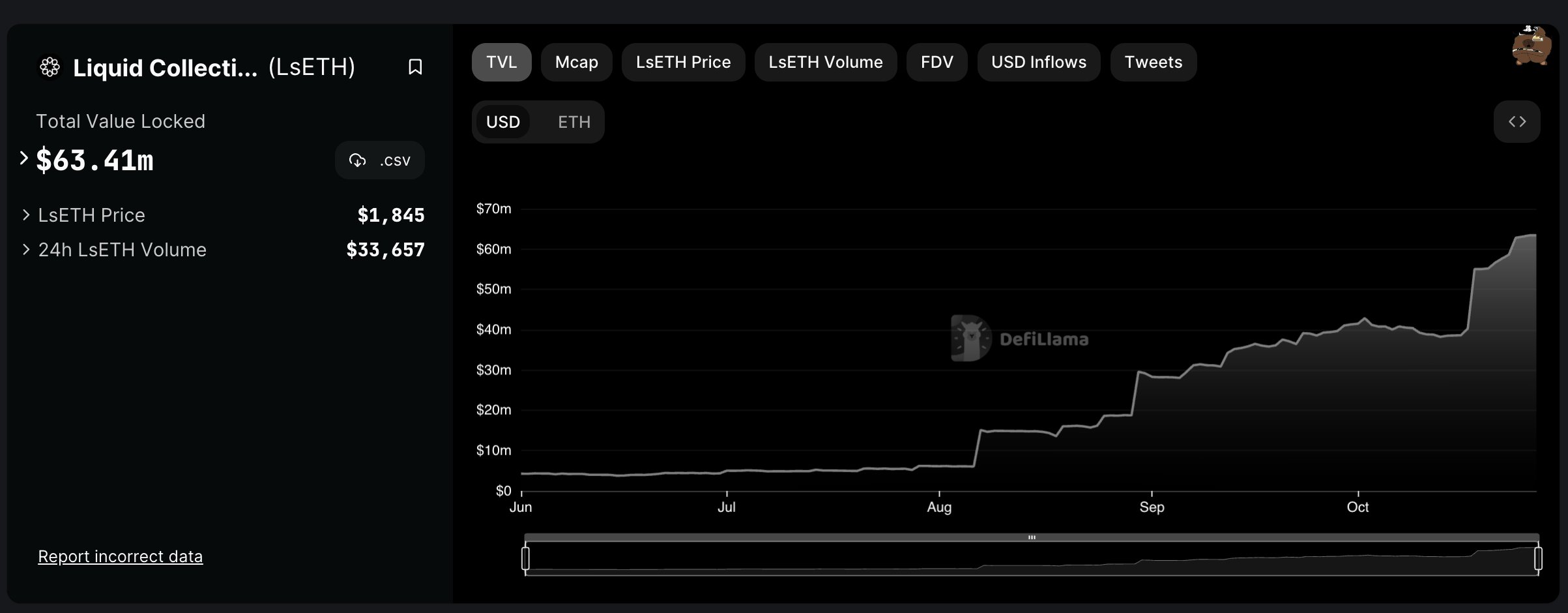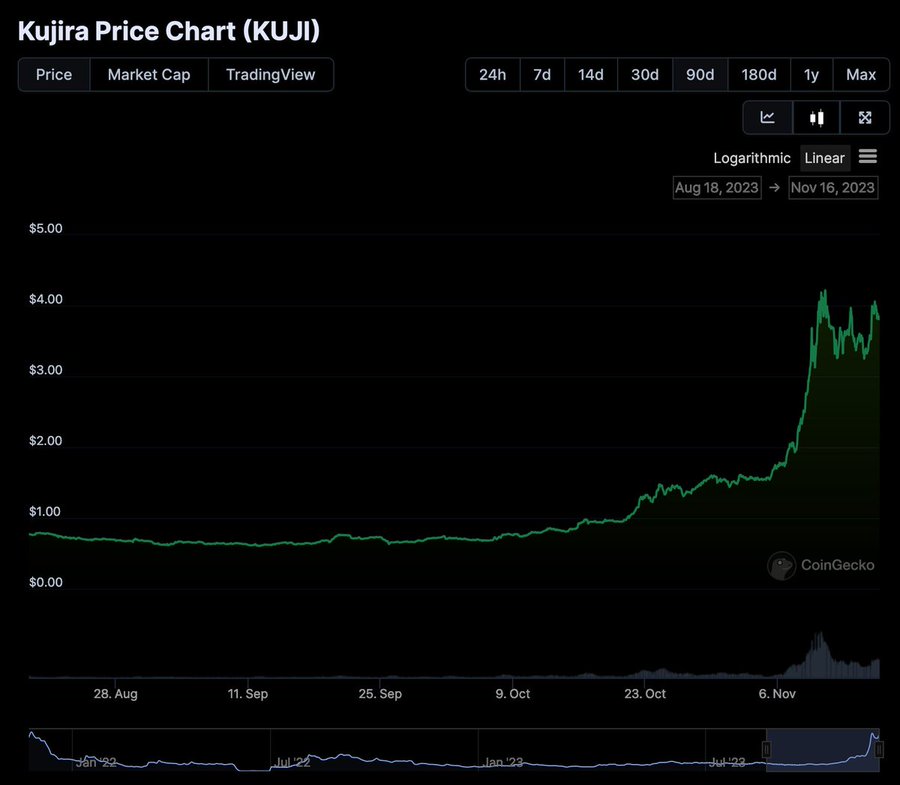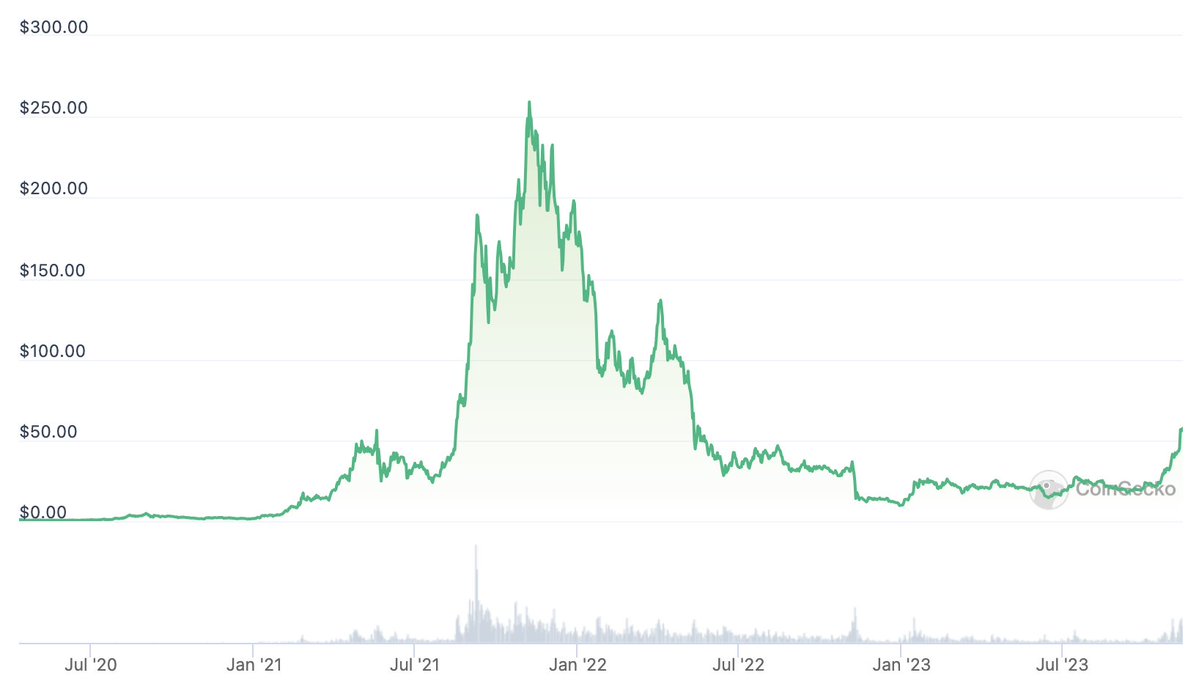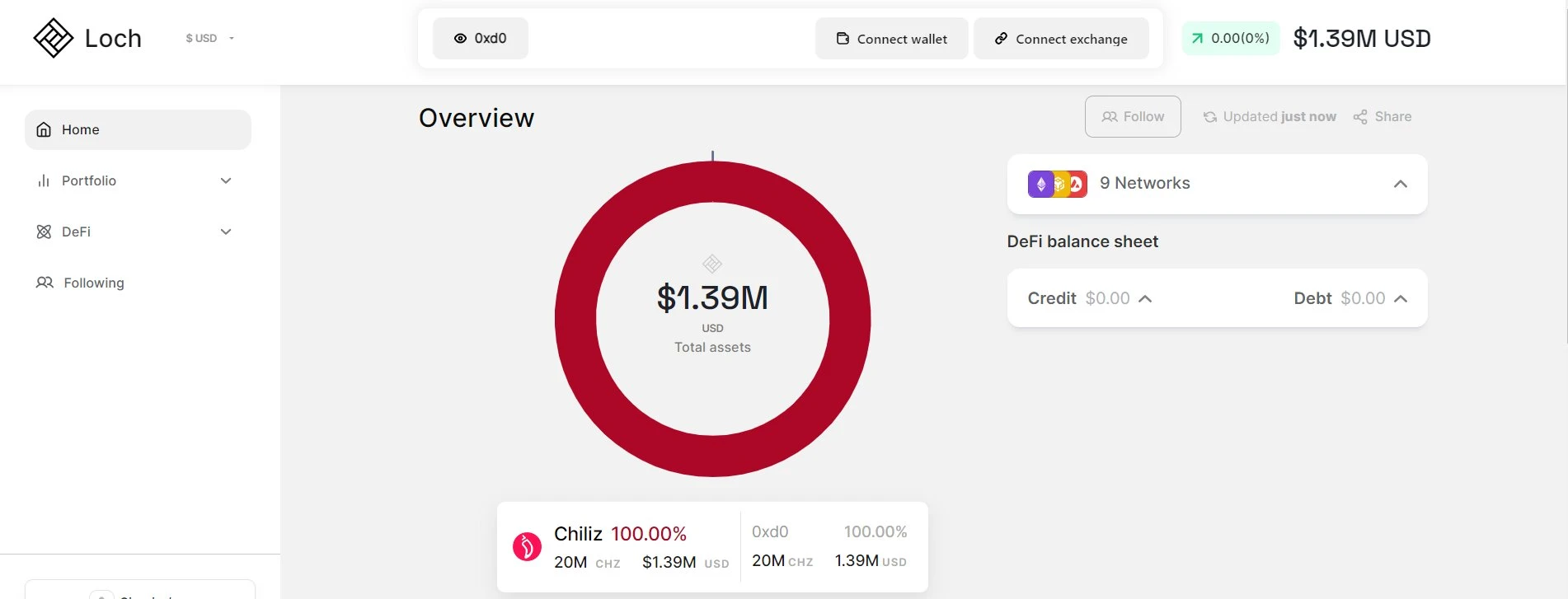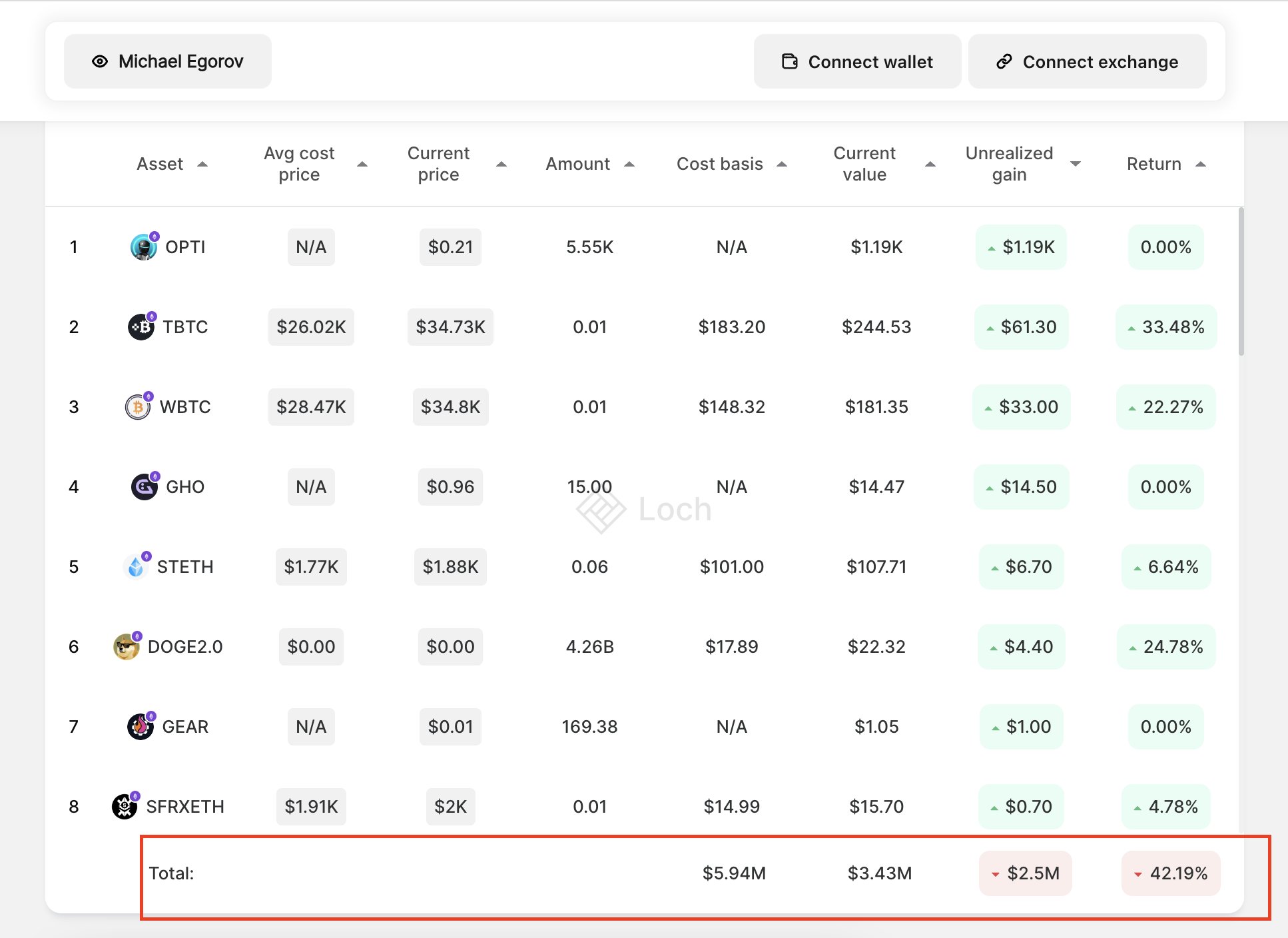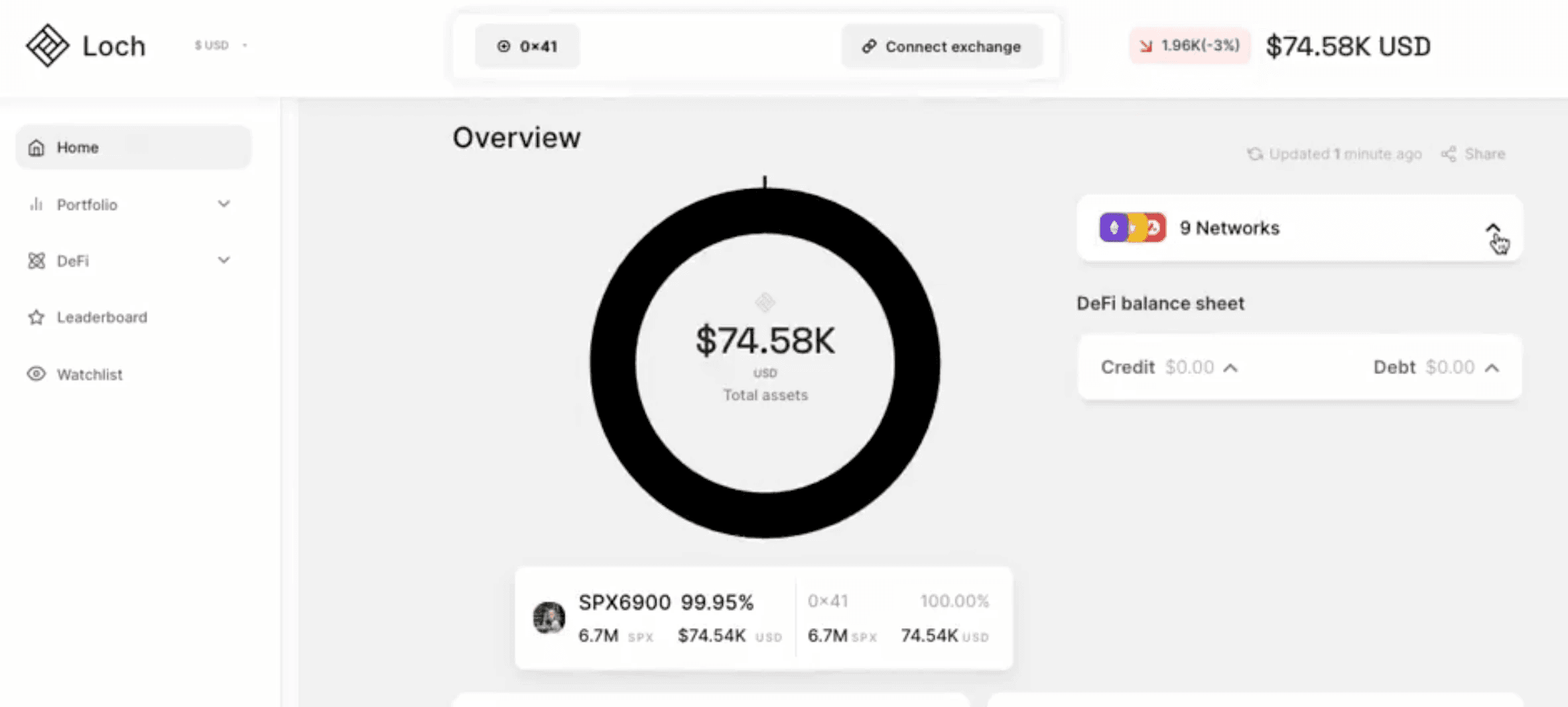The Crucial Role of Operational Security in Crypto: Securing Your Wallets, Innovations, and the Future
Introduction
The rapid growth of cryptocurrencies and blockchain technology has opened a new era of digital finance, enabling millions of people worldwide to access and control their financial assets. However, the very nature of these decentralized systems poses significant security challenges. This article delves into the importance of operational security in the world of crypto, discussing best practices for safeguarding hardware and software wallets, innovations in wallet technology, and how account abstraction and zero-knowledge proofs (ZK proofs) are revolutionizing the wallet experience.
The Importance of Operational Security
Operational security is the cornerstone of crypto asset management. As digital currencies become more widely adopted, cyber threats and hacks have multiplied, with attackers employing increasingly sophisticated tactics to access and steal users' funds. Ensuring the security and privacy of your digital assets requires a proactive and comprehensive approach to operational security, encompassing your hardware and software wallets.
Hardware Wallets: Best Practices
Hardware wallets are physical devices that store your private keys offline, providing a high level of security against cyberattacks. These wallets are less susceptible to hacking attempts, as they require physical access to the device. However, hardware wallets are not immune to theft or loss, so it is essential to follow best practices to ensure their security:
Choose a reputable hardware wallet: Select a wallet from a trusted manufacturer, such as Ledger, Trezor, or KeepKey. Check for customer reviews and feedback on security features, ease of use, and customer support.
Keep your wallet's firmware updated: Regularly update your wallet's firmware to fix potential vulnerabilities and implement new features. Make sure to only download updates from the manufacturer's official website.
Secure your recovery phrase: When you set up your wallet, you'll receive a recovery phrase (typically 12-24 words) that allows you to restore your wallet if the device is lost, stolen, or damaged. Store your recovery phrase securely, such as in a fireproof safe or safety deposit box, and never share it with anyone.
Enable multi-factor authentication (MFA): MFA adds an additional layer of security by requiring users to provide two or more forms of identification before accessing their wallets. Enable MFA for your wallet, and use a secure method such as a hardware token or an authenticator app.
Don't use a compromised device: Ensure that the device you're connecting your hardware wallet to is free of malware and viruses, as these can compromise your wallet's security.
Software Wallets: Best Practices
Software wallets, also known as hot wallets, are programs or apps that store your private keys on internet-connected devices like computers or smartphones. While software wallets are convenient for daily transactions, they can be more vulnerable to cyberattacks. Follow these best practices to secure your software wallet:
Choose a reputable wallet: Opt for a wallet with a strong reputation for security and privacy, and make sure it's open-source and regularly updated.
Use strong, unique passwords: Use a strong, unique password for your wallet, and avoid reusing passwords across multiple platforms. Implement a password manager to help you manage complex passwords securely.
Enable multi-factor authentication: Just like with hardware wallets, enable MFA for your software wallet to provide an additional layer of security.
Regularly update your software: Keep your wallet software and the device it's installed on updated to ensure you're protected against known vulnerabilities.
Be cautious with third-party applications: Only use trusted third-party applications and plugins, and always verify their authenticity before installation.
Innovations in Wallet Technology
As the crypto ecosystem evolves, new wallet technologies are emerging, offering safer ways to access and manage your digital assets. Some recent innovations include air-gapped wallets, smart contract-based wallets, and self-custody solutions.
Air-gapped wallets: These wallets take the concept of hardware wallets one step further by never connecting to the internet, making them virtually immune to online threats. Users sign transactions on an air-gapped device, which can then be transferred to a connected device for broadcasting to the blockchain. Some examples of air-gapped wallets are the Cobo Vault and the Ellipal Titan.
Smart contract-based wallets: These wallets leverage the power of smart contracts to provide additional security features, such as multi-signature authorization, spending limits, and recovery options. Platforms like Gnosis Safe and Argent Wallet offer smart contract-based wallets that provide a seamless user experience while enhancing security.
Self-custody solutions: Self-custody wallets give users complete control over their private keys and offer advanced security features, such as biometric authentication, hardware security modules (HSMs), and encrypted backups. Examples of self-custody solutions include Casa and Unchained Capital.
Account Abstraction and ZK Proofs: Revolutionizing the Wallet Experience
Account abstraction and zero-knowledge proofs (ZK proofs) are two groundbreaking concepts that are changing the way we think about wallet security and privacy.
Account abstraction is a mechanism that allows users to separate their wallet's public address from their private key, providing an additional layer of security and privacy. With account abstraction, users can interact with smart contracts and decentralized applications (dApps) without exposing their private keys or account details, significantly reducing the risk of hacking and theft.
Zero-knowledge proofs (ZK proofs) are cryptographic techniques that allow users to prove the validity of a transaction without revealing any sensitive information about it. ZK proofs enable privacy-preserving transactions, such as confidential transactions and shielded transactions, which hide the sender, recipient, and amount of a transaction. Wallets implementing ZK proofs, like Zcash's Sapling and Aztec Protocol, offer users enhanced privacy and security.
Together, account abstraction and ZK proofs are paving the way for a new generation of secure, privacy-focused wallets. These innovations not only protect users' assets but also promote the adoption of cryptocurrencies by addressing concerns about security and privacy that have long plagued the industry.
Conclusion
Operational security is a critical aspect of managing and safeguarding your crypto assets. By following best practices for hardware and software wallets, staying informed about innovations in wallet technology, and understanding the potential of account abstraction and zero-knowledge proofs, you can protect your assets while enjoying the many benefits of digital currencies.
As the crypto landscape continues to evolve, it is essential to remain vigilant and proactive about operational security. By staying informed about new threats, emerging technologies, and best practices, you can minimize the risks associated with managing your digital assets and maximize the potential of this rapidly-growing financial ecosystem.
The Crucial Role of Operational Security in Crypto: Securing Your Wallets, Innovations, and the Future
Introduction
The rapid growth of cryptocurrencies and blockchain technology has opened a new era of digital finance, enabling millions of people worldwide to access and control their financial assets. However, the very nature of these decentralized systems poses significant security challenges. This article delves into the importance of operational security in the world of crypto, discussing best practices for safeguarding hardware and software wallets, innovations in wallet technology, and how account abstraction and zero-knowledge proofs (ZK proofs) are revolutionizing the wallet experience.
The Importance of Operational Security
Operational security is the cornerstone of crypto asset management. As digital currencies become more widely adopted, cyber threats and hacks have multiplied, with attackers employing increasingly sophisticated tactics to access and steal users' funds. Ensuring the security and privacy of your digital assets requires a proactive and comprehensive approach to operational security, encompassing your hardware and software wallets.
Hardware Wallets: Best Practices
Hardware wallets are physical devices that store your private keys offline, providing a high level of security against cyberattacks. These wallets are less susceptible to hacking attempts, as they require physical access to the device. However, hardware wallets are not immune to theft or loss, so it is essential to follow best practices to ensure their security:
Choose a reputable hardware wallet: Select a wallet from a trusted manufacturer, such as Ledger, Trezor, or KeepKey. Check for customer reviews and feedback on security features, ease of use, and customer support.
Keep your wallet's firmware updated: Regularly update your wallet's firmware to fix potential vulnerabilities and implement new features. Make sure to only download updates from the manufacturer's official website.
Secure your recovery phrase: When you set up your wallet, you'll receive a recovery phrase (typically 12-24 words) that allows you to restore your wallet if the device is lost, stolen, or damaged. Store your recovery phrase securely, such as in a fireproof safe or safety deposit box, and never share it with anyone.
Enable multi-factor authentication (MFA): MFA adds an additional layer of security by requiring users to provide two or more forms of identification before accessing their wallets. Enable MFA for your wallet, and use a secure method such as a hardware token or an authenticator app.
Don't use a compromised device: Ensure that the device you're connecting your hardware wallet to is free of malware and viruses, as these can compromise your wallet's security.
Software Wallets: Best Practices
Software wallets, also known as hot wallets, are programs or apps that store your private keys on internet-connected devices like computers or smartphones. While software wallets are convenient for daily transactions, they can be more vulnerable to cyberattacks. Follow these best practices to secure your software wallet:
Choose a reputable wallet: Opt for a wallet with a strong reputation for security and privacy, and make sure it's open-source and regularly updated.
Use strong, unique passwords: Use a strong, unique password for your wallet, and avoid reusing passwords across multiple platforms. Implement a password manager to help you manage complex passwords securely.
Enable multi-factor authentication: Just like with hardware wallets, enable MFA for your software wallet to provide an additional layer of security.
Regularly update your software: Keep your wallet software and the device it's installed on updated to ensure you're protected against known vulnerabilities.
Be cautious with third-party applications: Only use trusted third-party applications and plugins, and always verify their authenticity before installation.
Innovations in Wallet Technology
As the crypto ecosystem evolves, new wallet technologies are emerging, offering safer ways to access and manage your digital assets. Some recent innovations include air-gapped wallets, smart contract-based wallets, and self-custody solutions.
Air-gapped wallets: These wallets take the concept of hardware wallets one step further by never connecting to the internet, making them virtually immune to online threats. Users sign transactions on an air-gapped device, which can then be transferred to a connected device for broadcasting to the blockchain. Some examples of air-gapped wallets are the Cobo Vault and the Ellipal Titan.
Smart contract-based wallets: These wallets leverage the power of smart contracts to provide additional security features, such as multi-signature authorization, spending limits, and recovery options. Platforms like Gnosis Safe and Argent Wallet offer smart contract-based wallets that provide a seamless user experience while enhancing security.
Self-custody solutions: Self-custody wallets give users complete control over their private keys and offer advanced security features, such as biometric authentication, hardware security modules (HSMs), and encrypted backups. Examples of self-custody solutions include Casa and Unchained Capital.
Account Abstraction and ZK Proofs: Revolutionizing the Wallet Experience
Account abstraction and zero-knowledge proofs (ZK proofs) are two groundbreaking concepts that are changing the way we think about wallet security and privacy.
Account abstraction is a mechanism that allows users to separate their wallet's public address from their private key, providing an additional layer of security and privacy. With account abstraction, users can interact with smart contracts and decentralized applications (dApps) without exposing their private keys or account details, significantly reducing the risk of hacking and theft.
Zero-knowledge proofs (ZK proofs) are cryptographic techniques that allow users to prove the validity of a transaction without revealing any sensitive information about it. ZK proofs enable privacy-preserving transactions, such as confidential transactions and shielded transactions, which hide the sender, recipient, and amount of a transaction. Wallets implementing ZK proofs, like Zcash's Sapling and Aztec Protocol, offer users enhanced privacy and security.
Together, account abstraction and ZK proofs are paving the way for a new generation of secure, privacy-focused wallets. These innovations not only protect users' assets but also promote the adoption of cryptocurrencies by addressing concerns about security and privacy that have long plagued the industry.
Conclusion
Operational security is a critical aspect of managing and safeguarding your crypto assets. By following best practices for hardware and software wallets, staying informed about innovations in wallet technology, and understanding the potential of account abstraction and zero-knowledge proofs, you can protect your assets while enjoying the many benefits of digital currencies.
As the crypto landscape continues to evolve, it is essential to remain vigilant and proactive about operational security. By staying informed about new threats, emerging technologies, and best practices, you can minimize the risks associated with managing your digital assets and maximize the potential of this rapidly-growing financial ecosystem.
Continue reading
Continue reading

The Crucial Role of Operational Security in Crypto: Securing Your Wallets, Innovations, and the Future
Apr 19, 2023

The Crucial Role of Operational Security in Crypto: Securing Your Wallets, Innovations, and the Future
Apr 19, 2023



















